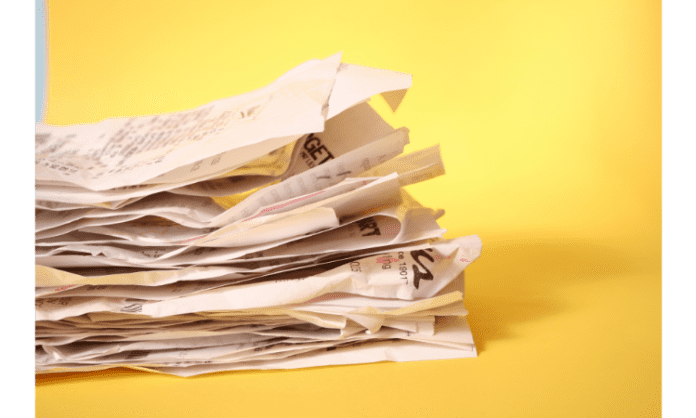
Receipts are important because they can save you money. The most obvious way is that they help you keep track of your spending, so if anything goes wrong with a product or service, you have proof that it was the store’s fault. Receipts also come in handy when you’re filing your taxes—you’ll need them to prove your deductions, especially if you paid for something with cash or gift cards. Your receipts can be used to find out if you paid too much for an item, or if there are any discounts available that you didn’t take advantage of. Receipts can also help with tax deductions, and can even be used as proof of purchase if there is a problem with a product or service.
We’re here to help. We’ll show you why saving your receipts is important, and how to keep them organized so that you don’t have to go through the hassle of filing them away later.
What is receipt
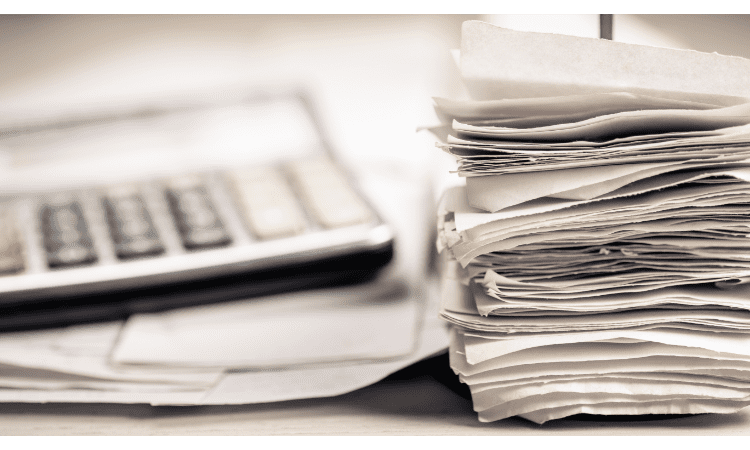
A receipt is an official document that confirms a transaction or purchase. It includes information about the item purchased, the price paid, and other details. Receipts can be paper-based or digital, depending on the type of business you are conducting your transaction with. A receipt can be used to return or exchange a product if it is faulty or damaged or to claim warranty work.
Vital reasons to save receipts
Help to budget

If you’re trying to save money, it’s important to keep track of where your money is going. Receipts can help you do this by providing a concrete record of how much money you spent on a particular item, and what that item was.
This is especially useful when trying to budget for the future, as receipts allow you to look back at what you’ve spent in previous months (or years) and compare it with how much money you have left over. This means that if there are unexpected expenses, such as car repairs or medical bills, you’ll know exactly how much more money you need in order to stick with your budget plan. Receipts help you keep track of this information and make adjustments as needed.
Need for taxes
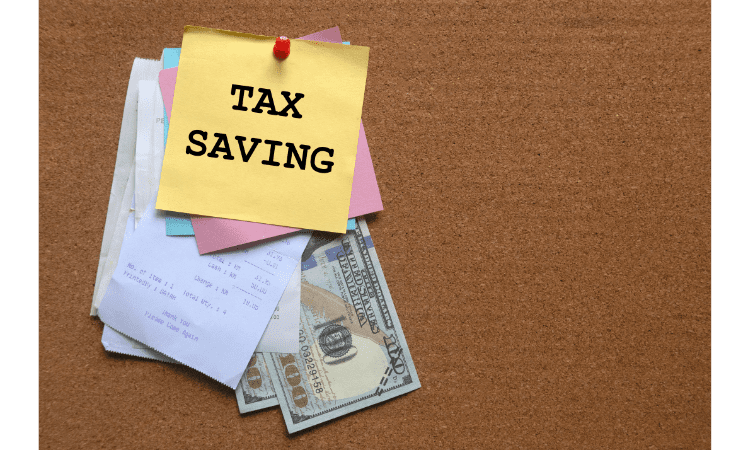
Receipts are a great way to keep track of your spending, and they’re also a requirement for those times when you need to deduct certain expenses from your taxes. If you don’t have receipts when the time comes, you won’t be able to claim those purchases as deductions on your taxes. If you’re filing your taxes online, the IRS recommends keeping a copy of each receipt for as long as it takes to file your return. If you’re filing with paper forms, keep a copy of each receipt for three years after the due date of your return. When you’re filing your taxes, it’s important to be able to back up your claims with proof. That means keeping track of every expense you incur, even if it seems small or insignificant at the time. If you have a receipt for every expense, then when tax season rolls around, you’ll have everything you need to show what you paid for—and more importantly—how much money was spent on each thing.
Need for insurance

Insurance is a great reason to save your receipts. Your insurance company may reimburse you if they find that you paid for an item in good faith, but the seller didn’t provide it. This could happen if the seller goes out of business, or if they simply never send the item. If you have proof of purchase, your insurance company will cover you. Receipts can also be used to document expenses related to the repair or replacement of damaged or lost property.
For audit
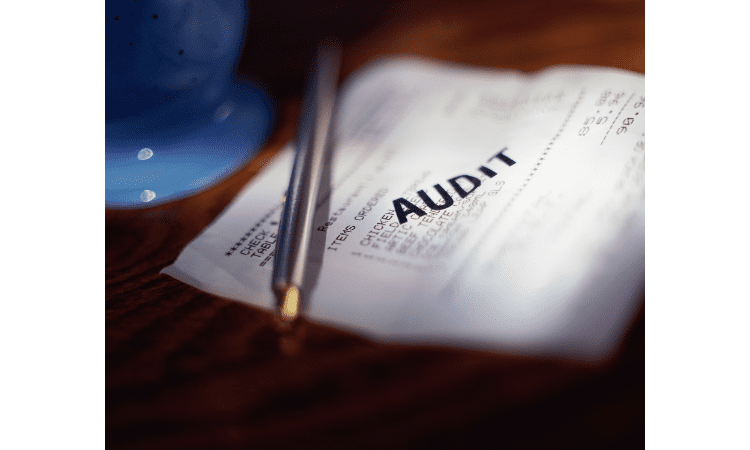
It’s easy to forget about your receipts. We have a lot going on, after all. But if you’re ever audited by the IRS, you’ll wish you’d been a better keeper of receipts.
The IRS requires that you keep records of all your expenses for at least three years from when your tax return was filed. If you receive an audit notice, the IRS might ask for backup documentation to support the information on your tax return. In cases where auditors find discrepancies between what taxpayers report and what they save in their records, they’ll often send a letter asking for more documentation or additional information. If you’ve been audited in the past and think you might be audited again, keeping your receipts is especially important. You want to make sure that if the IRS asks you for something, you have it ready and waiting.
Need to prove an item is under warranty
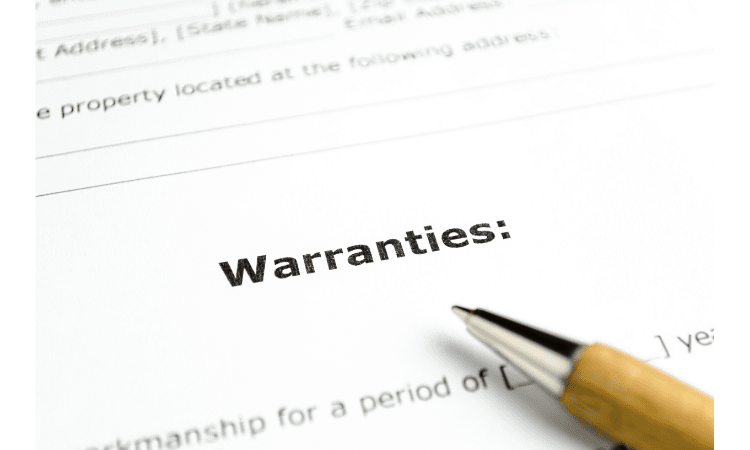
There are lots of reasons to save your receipts, but one of the most important is to prove that an item is under warranty. If you have a receipt for an item you purchased and it breaks or malfunctions, then you can go back to the store where you bought it and show them that your product is still covered by warranty.
If you don’t have a receipt, then it’s up to the store or manufacturer to decide whether or not they will honor your claim. They may require you to pay for repairs first before they tell you if they’ll cover any costs at all. This saves you time and money because you won’t have to pay for repairs, and it means you won’t have to buy a new item if the one under warranty is still usable.
Help dispute credit card fraud

Receipts can help you dispute credit card fraud, so it’s important to keep them for at least the length of your billing cycle.
If you suspect that your credit card has been compromised, you should contact your bank immediately and ask them to cancel the card. You’ll need to provide new account numbers and a different billing address. In addition, you should request an interim card while they send out a new card with a different number. After canceling your old card and requesting a new one, keep all of your receipts until the new card arrives in the mail. Then once you receive the new card in the mail, destroy all of your old receipts.
You may also want to report the incident to the authorities if there are signs that someone stole money from your account or if someone has tried using your information to make purchases online or over the phone. You’ll need all of the receipts from the purchases made on your credit card. You can also use the receipts to prove that you didn’t make a purchase or that you did make it, but because it was fraudulent.
Need to make a return or exchange
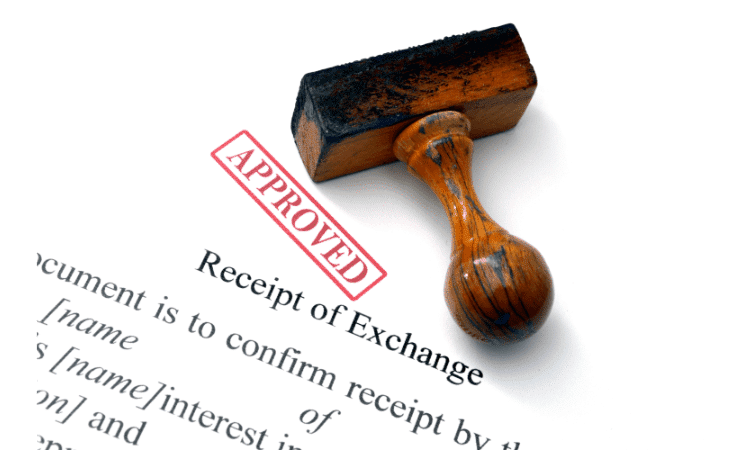
Receipts are a must when you need to make a return or exchange at a store. The receipt will have important information about your purchase and the store’s return policy, and it’s often required by law. If you’re returning something, the store may require that you show them your receipt as proof of purchase in order for them to honor your return or exchange. If you don’t have the receipt, they might not be able to help you out.
Similarly, if you plan on exchanging something for another size or color, the store may require that you show them the original receipt in order to make the exchange. Without a receipt, they might not accept it as valid proof of purchase and won’t let you get your new item. Without one, you risk not being able to make the return or exchange you need. Without a receipt, it’s much more difficult to get a refund. You might be able to exchange an item for another one of similar value, but not necessarily get your money back.
Help with reimbursements
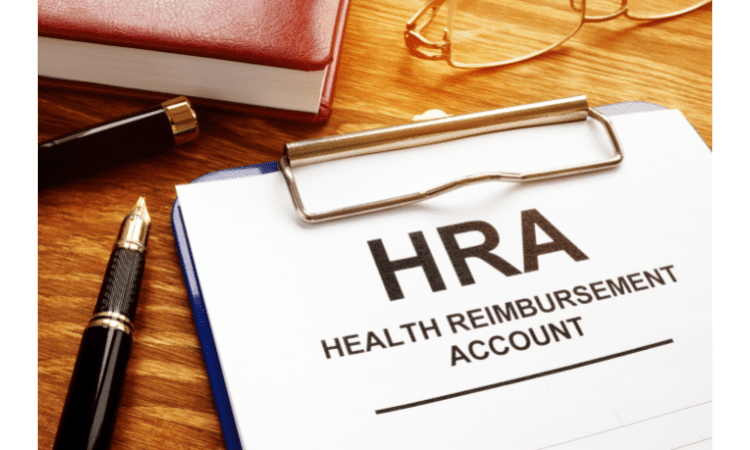
Receipts are more than just a way to keep track of your purchases. They can also help you get reimbursed for expenses that you’ve already paid for.
Whether you’re going on vacation and want to be sure your employer knows how much money they owe you or you’re planning on taking a business trip, it’s important to save your receipts. The best thing about saving receipts is that they don’t take up much space. You can keep them in a folder or box at home and pull them out when it comes time to dole out the money. Receipts can help you get reimbursed for expenses you’ve incurred on behalf of your employer. If you’re not sure what types of expenses are eligible for reimbursement, check with your HR department or check the benefits handbook.
For example, if you need to buy a new computer because yours broke down and you were working on a deadline, you should save your receipts for the new computer purchase.
Conclusion
Saving receipts is a great way to keep track of your expenses and make sure you don’t overspend. You can save them digitally, or you can keep a physical folder with all your receipts in it. You can also use receipts as proof of purchase if you need to return something. If you’re looking for a new job, keeping track of your expenses will help you demonstrate that you can manage and savings of your money responsibly.











